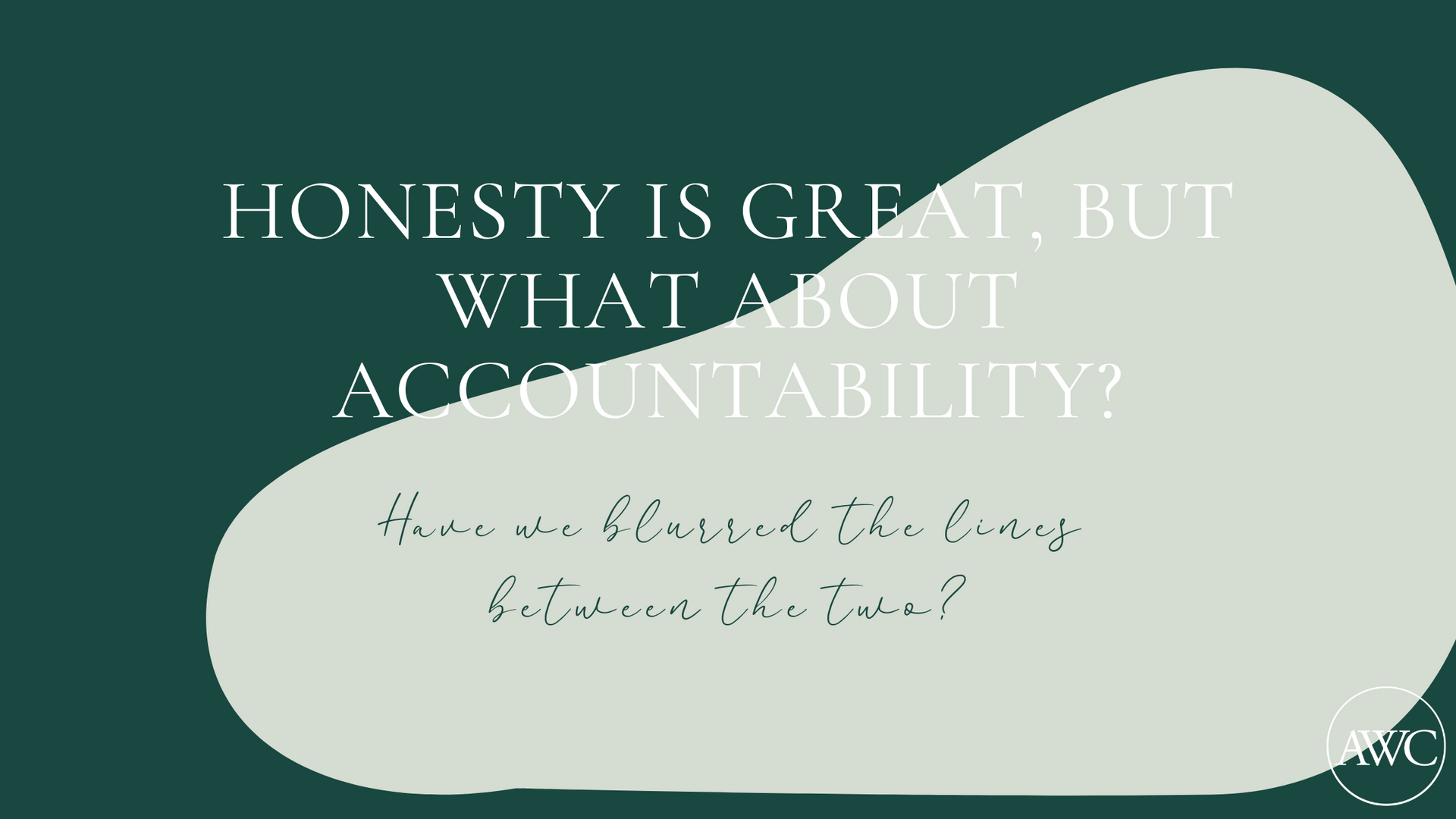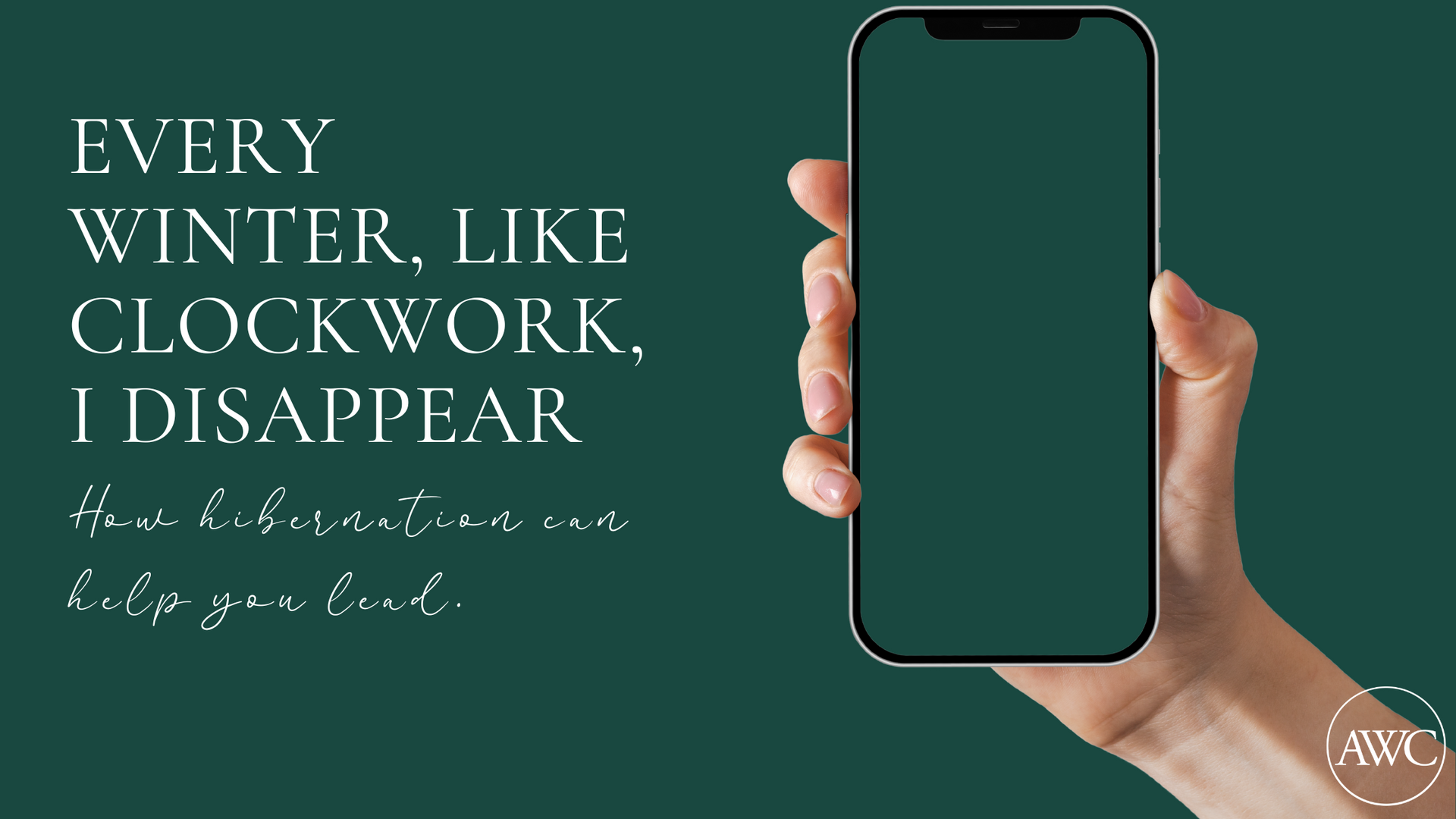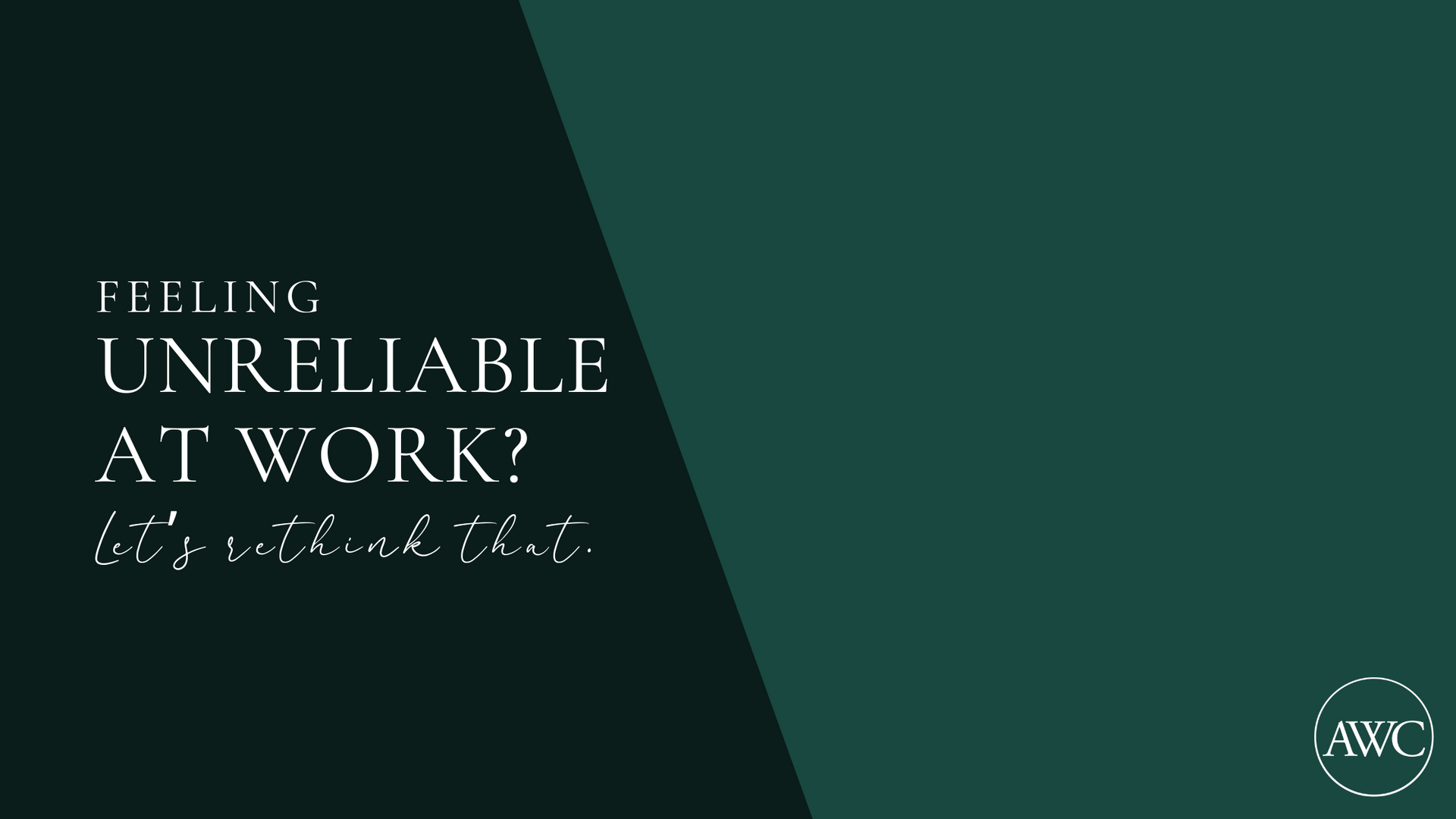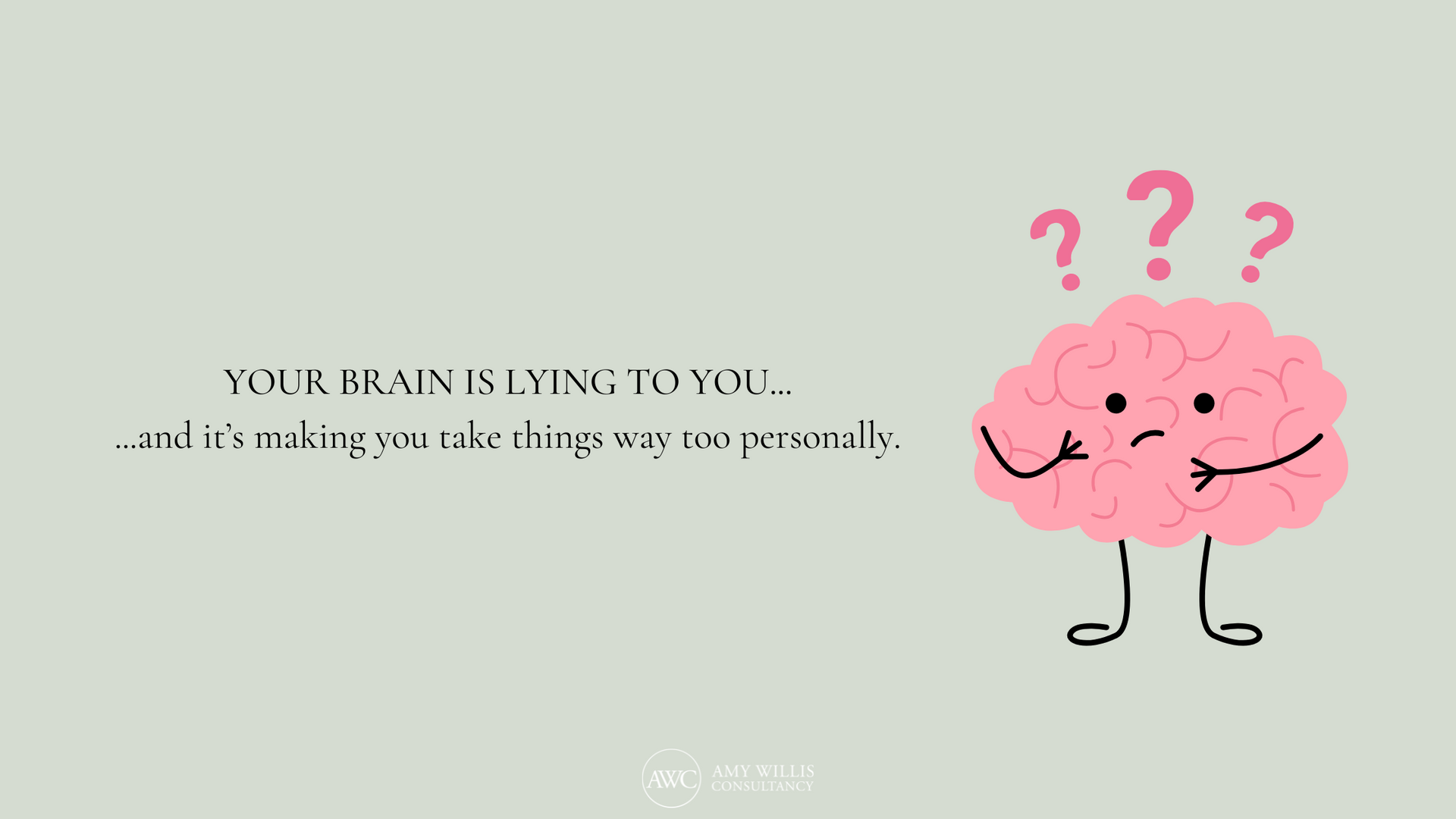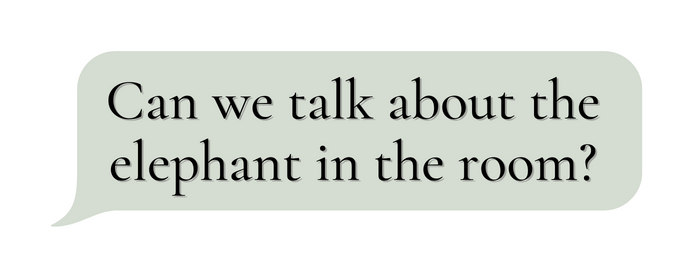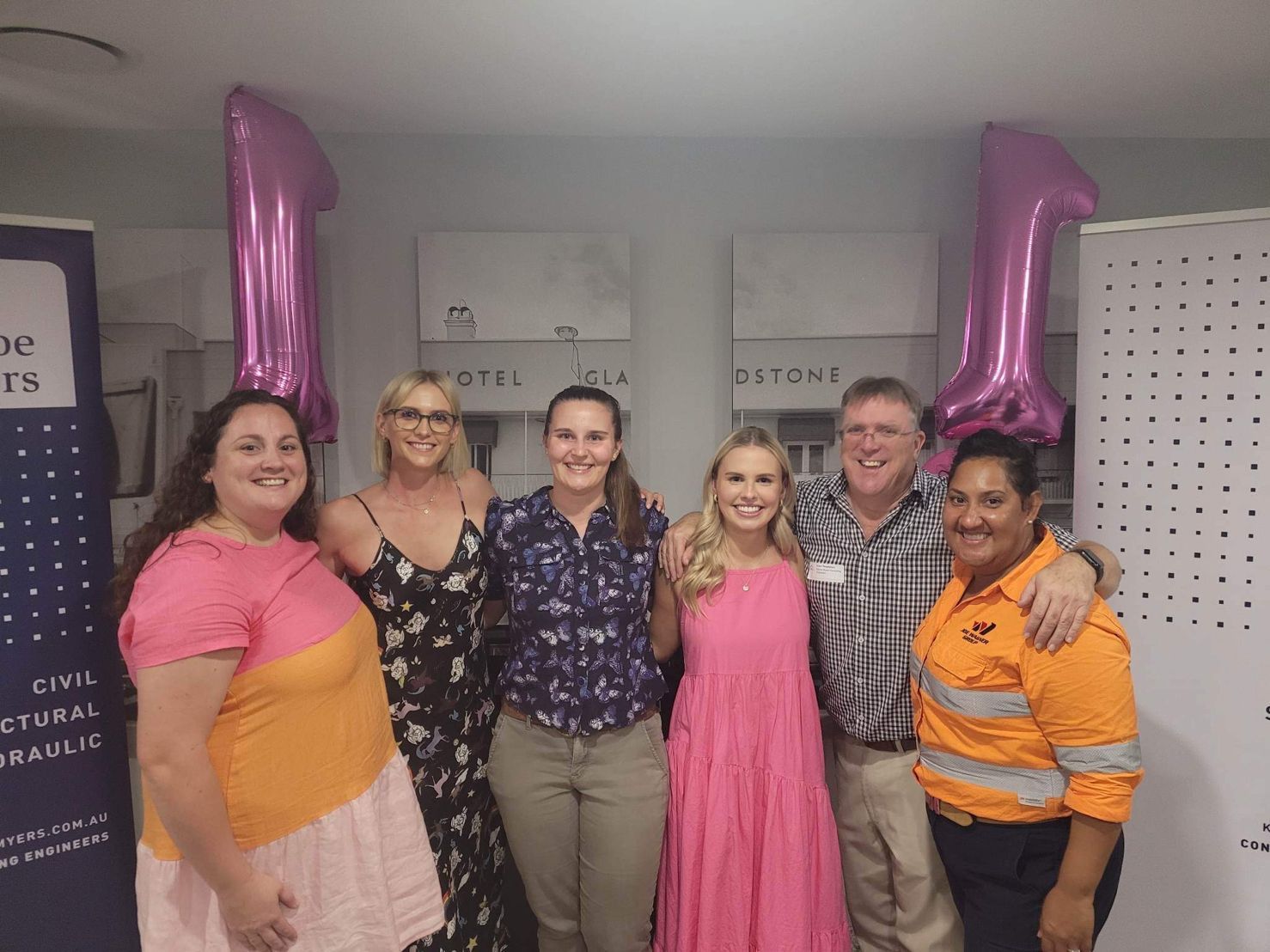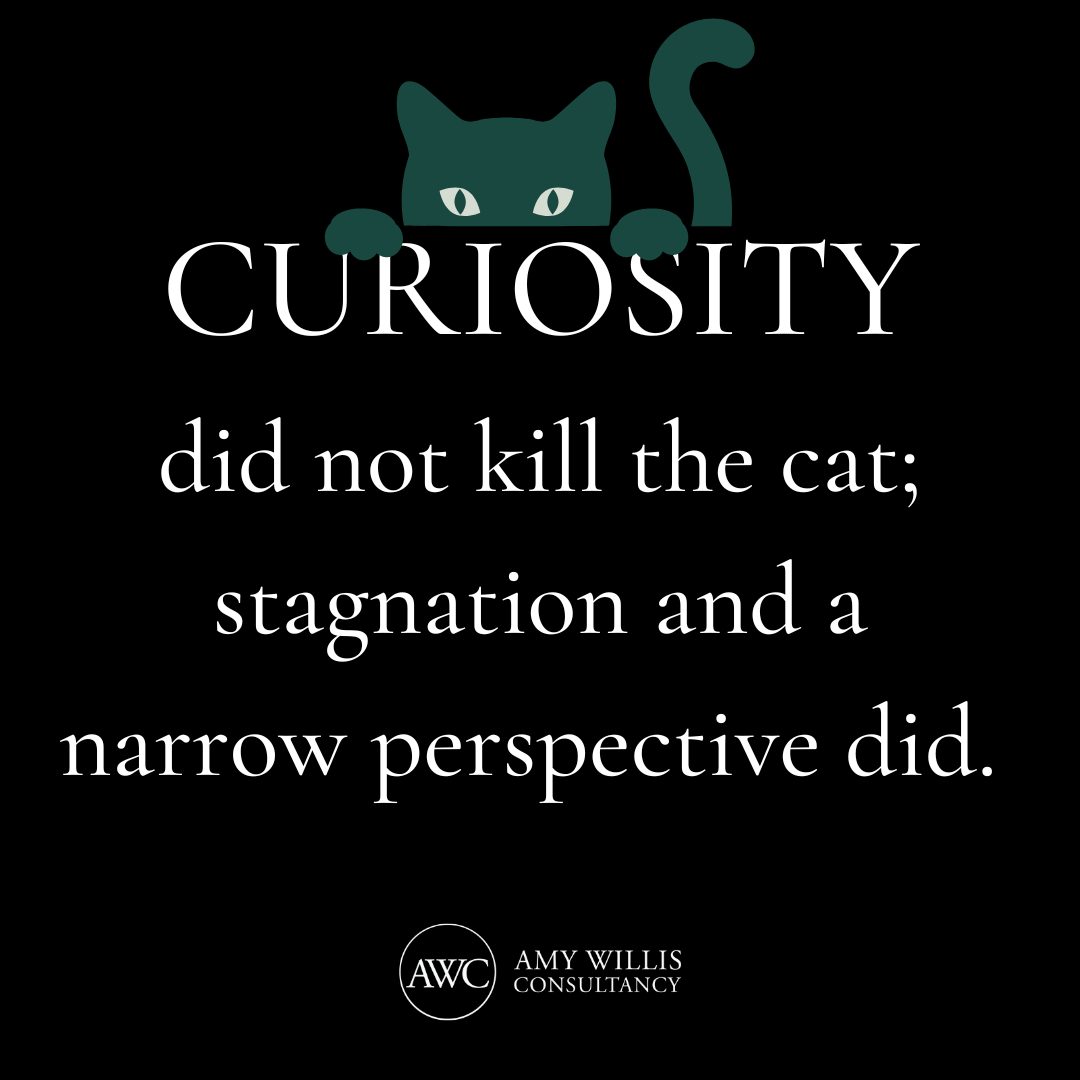Is Reflection the Key to Honesty + Accountability?
This blog is a follow up to Honesty is Great...But What About Accountability.
At the time of writing that^ blog, I had no idea what a detention at my son’s school actually looked like. I assumed it’d be similar to my own (one-time!) experience back in the day- sitting in silence, maybe doing some homework, and not much else.
Turns out I was very wrong.
After his detention, I received an email from the school explaining that part of their process is to send parents a copy of the student’s reflections- a four-page file was attached. I opened it, expecting a generic response or maybe something scripted.
Instead, I was floored.
As I read my son’s handwriting, I genuinely thought a teacher must’ve dictated the answers and he’d copied them down. But when I picked him up, I asked how detention went - and he walked me through the whole thing: how it was structured, what the form was for, and what he wrote.
When I asked if anyone helped him fill it out, he said,
“No. I just answered the questions.”
I was blown away by his self-awareness.
There was no deflection, or blaming others.
Just honest reflection and ownership.
So I told him what was true:
“A lot of adults don’t know how to do that.”
And it got me thinking:
If we want honesty paired with accountability in our workplaces…
Is the real missing link the art of reflection?
I’d love to invite you to read snippets of his detention form here (shared with his permission, of course).
Now, like I said, his answers were great (especially for a child).
But he didn’t get those words out of thin air.
It was due to the quality of the questions.
The school did a beautiful job of crafting prompts to encourage insight and accountability- without tipping into shame.
This detention wasn’t about punishment.
It was a learning opportunity.
And that is the art of reflection; knowing how to sift through your actions, understand how you can learn from it and make a better decision next time.
(Side note: did you know that the purpose of memory isn’t to help us relive the past, but to prepare us for the future? That gem came from a brilliant podcast episode by Dr Rangan Chatterjee- worth a listen if you’re curious about how our brains are wired. Listen here👂)
If we want to build workplaces (and leaders!) that go beyond surface-level honesty, maybe we need to take a cue from this detention and start making space for reflection - with beautifully crafted prompts.
Turns out, you can find leadership lessons in all sorts of places.
Even in detention.
Yours in leadership,
Amy
READ MORE
